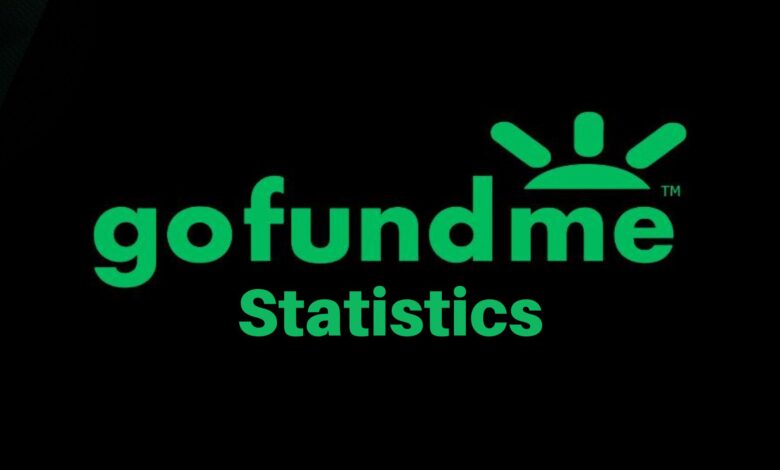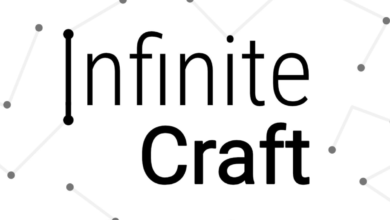The Ultimate Guide to GoFundMe Competitors: Top Platforms for Crowdfunding Success

Introduction
Crowdfunding has revolutionized gofundme the way individuals, businesses, and nonprofits raise money. By connecting with supporters online, campaigns can gain the resources they need for a variety of goals—from medical emergencies to creative projects. While GoFundMe is one of the most well-known platforms, it’s not the only option. In fact, several alternatives might better suit your specific needs, depending on factors such as fees, campaign types, and audience reach.
GoFundMe is a fantastic tool for personal causes, but it does have limitations. Its fee structure, restrictions on campaign types, and competitive landscape make exploring alternatives worthwhile. Choosing the right platform can significantly impact your campaign’s success. This guide provides an in-depth look at GoFundMe competitors, how to evaluate them, and tips for maximizing your crowdfunding efforts.
Criteria for Evaluating Crowdfunding Platforms
Before choosing a crowdfunding platform, it’s essential to understand what makes one platform better suited for your campaign over another. Here are key factors to consider:
Fee Structure
Crowdfunding platforms typically charge two types of fees: platform fees and transaction fees. While some platforms like GoFundMe charge a 2.9% transaction fee, others may have different pricing models, such as subscription-based fees. Understanding the cost structure can help you budget effectively.
Campaign Types Supported

Each platform has unique strengths. For example, Kickstarter focuses on creative and business projects, while Donorbox caters to nonprofit campaigns. Consider whether your campaign fits the platform’s specialty.
Audience Reach
Some platforms have broad audiences, while others cater to niche markets. For instance, Kickstarter appeals to tech enthusiasts and creators, while GiveSendGo focuses on faith-based causes. Knowing your target audience can help you choose the right platform.
Payout Speed
How quickly do you need the funds? Platforms like Indiegogo and Fundly offer flexible payout options, while others, such as Kickstarter, release funds only if you meet your fundraising goal.
By aligning these factors with your campaign’s goals, you can make an informed decision.
Top Competitors to GoFundMe
Kickstarter
Kickstarter is a leader in crowdfunding for creative and business projects. Its all-or-nothing funding model ensures backers are only charged if a campaign reaches its goal. This encourages trust and motivates creators to deliver compelling campaigns gofundme. While ideal for tech gadgets, art, and film projects, Kickstarter’s fee structure (5% platform fee plus 3-5% transaction fees) may deter some users.
Indiegogo
Indiegogo offers both flexible and fixed funding models, making it versatile for creative and nonprofit campaigns. With a global reach and robust support for product pre-sales, it’s perfect for entrepreneurs. However, the 5% platform fee and additional transaction fees can add up, especially for smaller campaigns.
Fundly
Fundly specializes in personal causes and community projects. It stands out for its easy-to-use interface and social media integration, which makes sharing campaigns simple. Fundly charges a 4.9% platform fee and 2.9% transaction fee, making it slightly more expensive than GoFundMe.
Patreon
Unlike traditional crowdfunding, Patreon focuses on recurring support for creators. Artists, writers, and podcasters can use Patreon to build sustainable income through monthly subscriptions. While its subscription-based model is unique, it’s best suited for creators seeking long-term patronage rather than one-time funding.
Donorbox
Designed for nonprofits, Donorbox offers powerful donor management tools and integrates seamlessly with websites. It charges a 1.5% platform fee, making it more affordable for organizations. Donorbox is ideal for campaigns requiring robust reporting and donor engagement features.
Niche-Specific Platforms to Consider
Medical and Emergency Crowdfunding
Platforms like CaringBridge and HelpHopeLive cater specifically to healthcare-related campaigns. These platforms offer features tailored to medical needs, such as transparency in fund allocation and storytelling tools to connect with supporters.
Creative Projects
For filmmakers and artists, Seed&Spark provides a platform to fund creative endeavors. It offers unique perks, like audience-building tools and distribution resources for completed projects. Similarly, Buy Me a Coffee enables creators to accept small donations from fans.
Business and Startups
Equity crowdfunding platforms like Crowdfunder and StartEngine connect startups with investors. Unlike donation-based models, these platforms allow backers to receive equity in the company. This makes them ideal for entrepreneurs looking to scale.
Education and Tuition
Platforms like Plumfund and GoGetFunding are excellent for education-related campaigns. They offer low fees and customizable features, helping students and educators achieve their financial goals.
Tips for Choosing the Best Crowdfunding Platform
Understand Your Audience
Knowing your target audience is crucial. A tech-focused audience might respond well to Kickstarter, while a faith-based community might prefer GiveSendGo. Research where your audience is most active.
Set Clear Goals
Define your campaign’s purpose, timeline, and financial needs. Clear goals help you choose a platform aligned with your objectives.
Budget for Fees
Carefully review each platform’s fee structure. Some platforms may appear cheaper but include hidden costs, such as additional transaction fees.
Leverage Social Media
Social media is a powerful tool for driving campaign visibility. Platforms like Fundly integrate seamlessly with social media, making it easy to share updates and engage supporters.
Test Small Before Scaling
Launch a small campaign to test the platform’s effectiveness before committing to a larger effort. Use insights from the test to optimize your approach.
Conclusion
While GoFundMe is a leading crowdfunding platform, it’s not the only option. Competitors like Kickstarter, Indiegogo, and Donorbox offer unique advantages tailored to different needs. By evaluating factors like fees, audience reach, and campaign goals, you can select the platform best suited to your cause.
Choosing the right crowdfunding platform is the first step toward a successful campaign. With proper planning, a compelling story, and active engagement, you can achieve your fundraising goals and make a lasting impact.
FAQs
- Why should I consider alternatives to GoFundMe? GoFundMe’s limitations, such as fees and audience reach, might make other platforms more suitable for specific campaign goals.
- Which platform is best for creative projects? Kickstarter and Indiegogo are ideal for creative and tech-focused projects.
- What are the fees for crowdfunding platforms? Fees vary but typically include platform and transaction fees. For example, Kickstarter charges a 5% platform fee, plus payment processing fees.
- Can I use multiple crowdfunding platforms simultaneously? Yes, but managing multiple campaigns can be challenging. It’s best to focus on one platform to avoid diluting efforts.
- What is the best platform for recurring donations? Patreon is perfect for creators seeking sustainable, subscription-based funding.
- How do I ensure my crowdfunding campaign succeeds? Create a compelling story, use visuals, set realistic goals, and actively engage with your audience through updates and social media.
You May Also Read:https://profeshnalseowork.com/bblog-uk/




